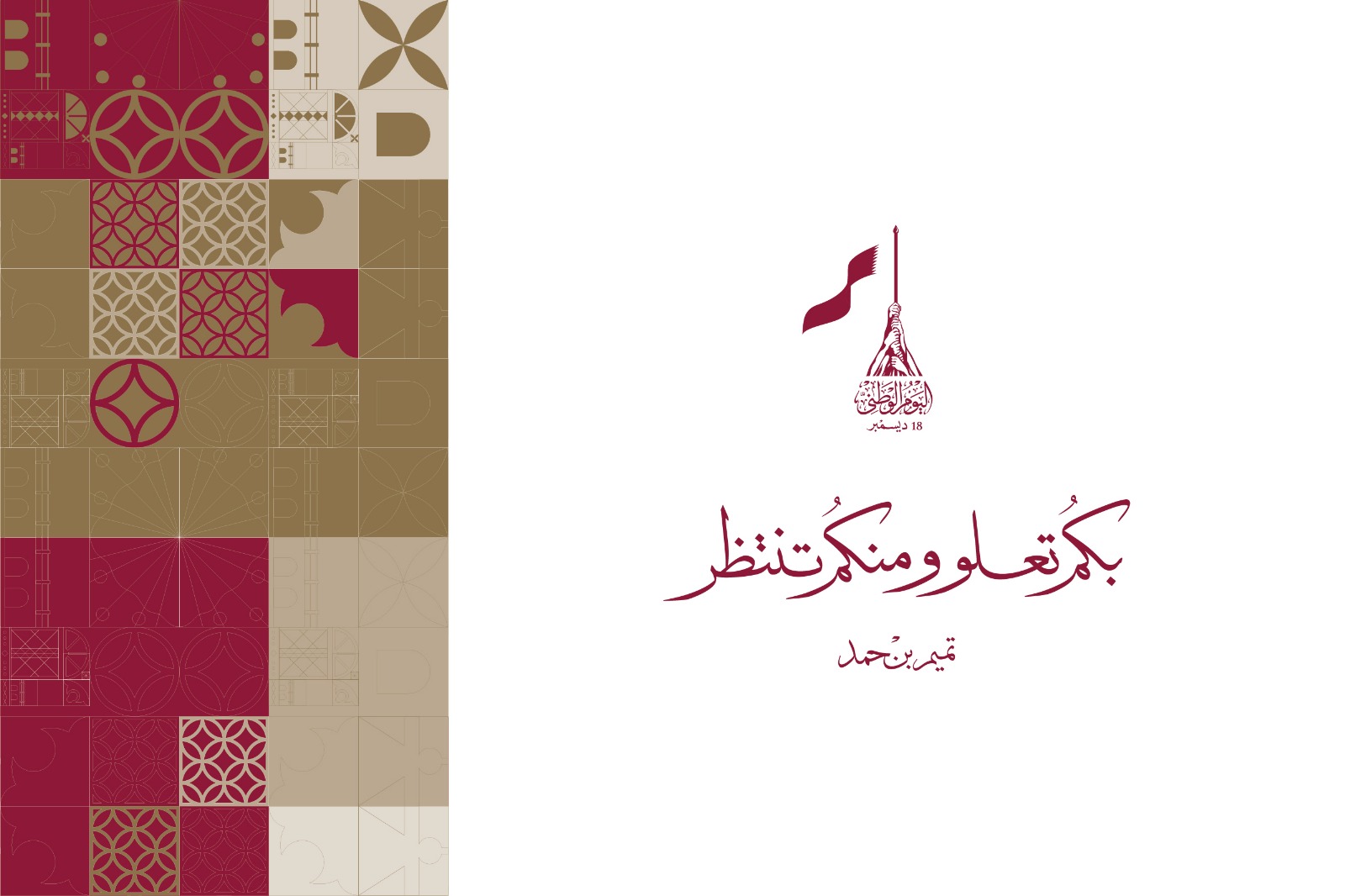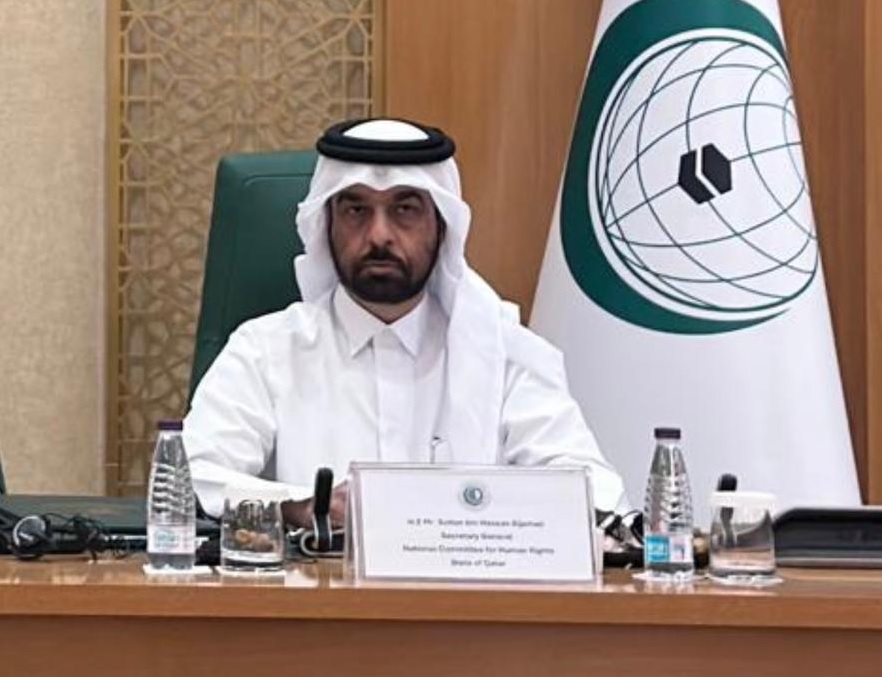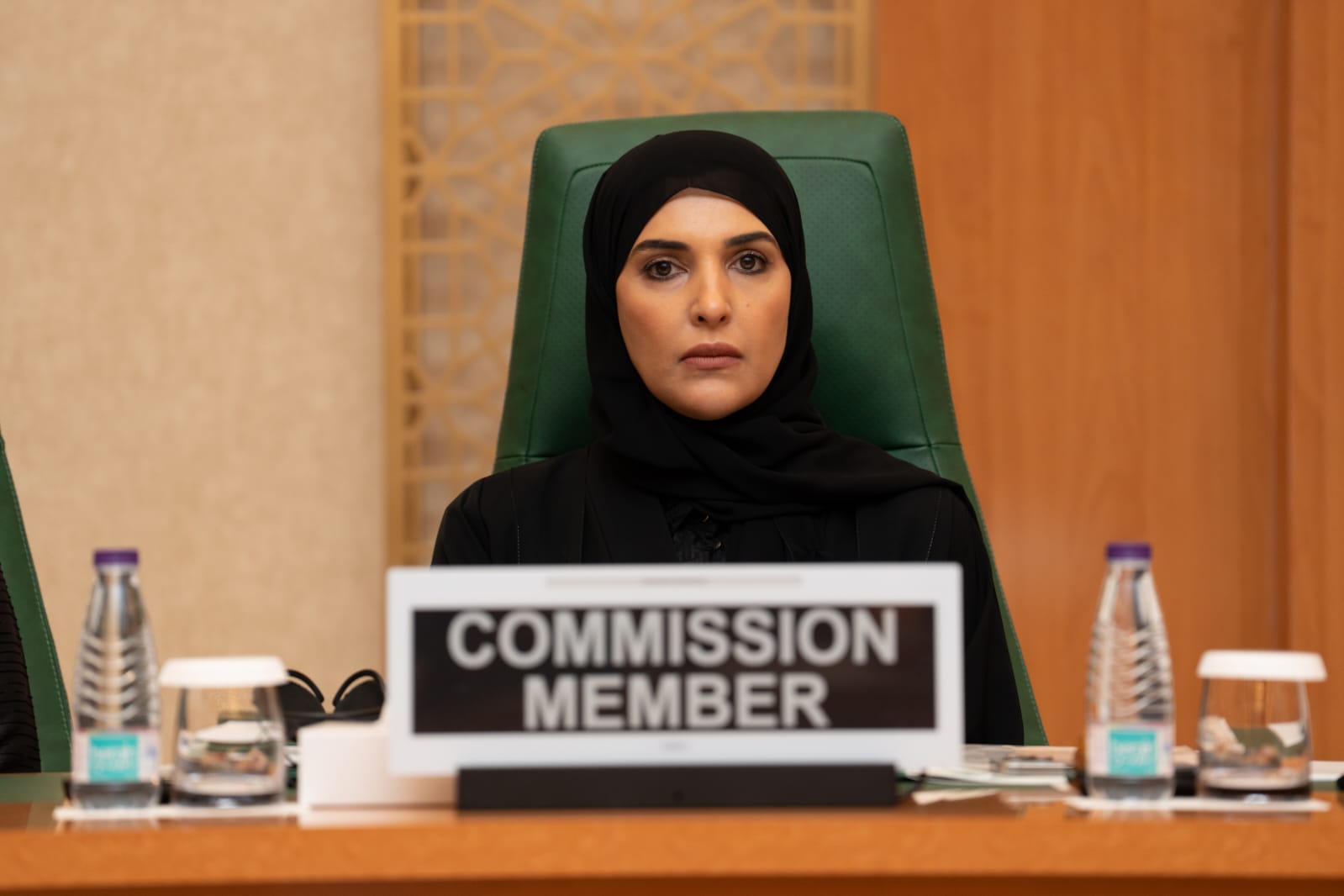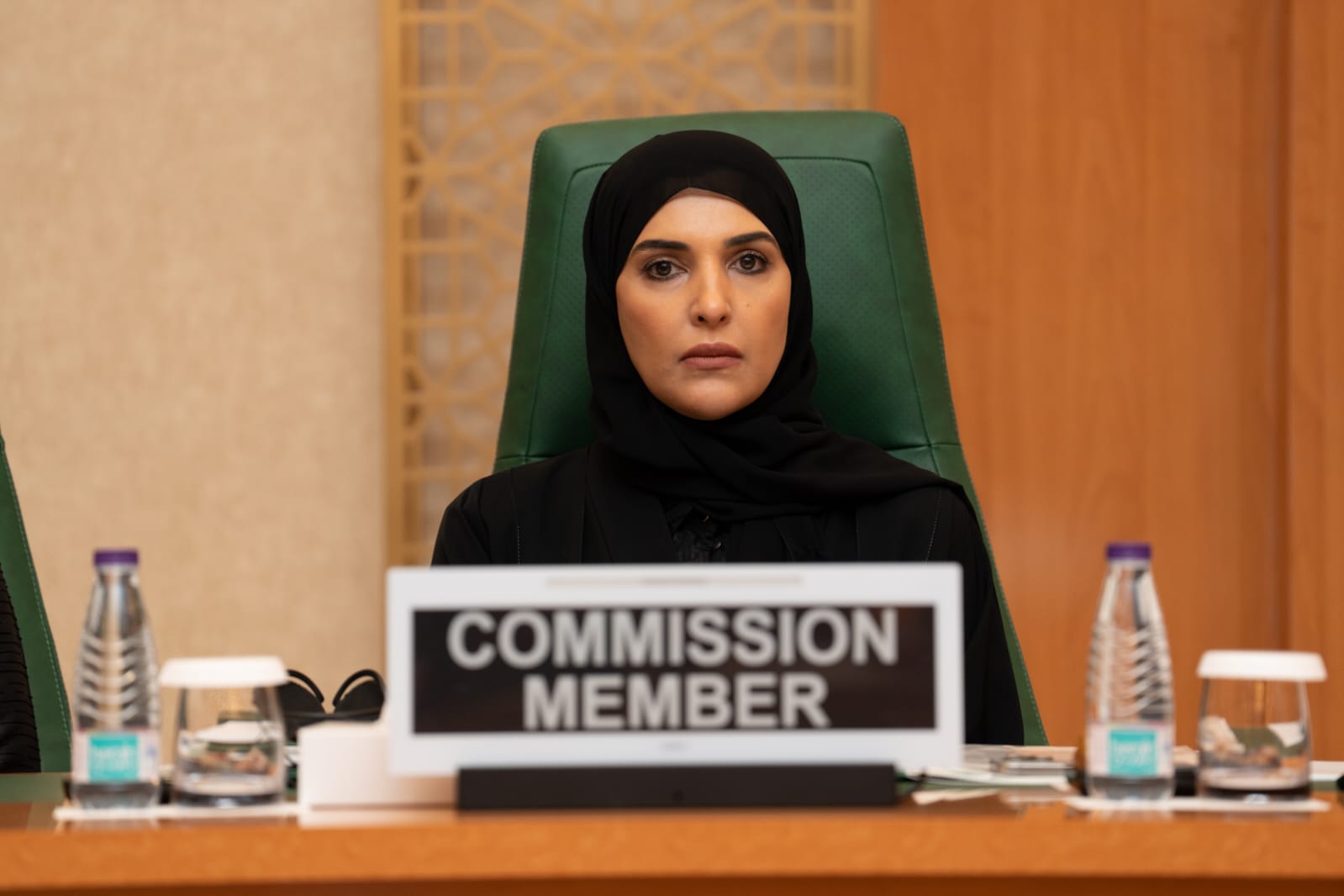الرجوع الى الأخبار
NHRC to Hold Conference on Challenges to Security and Human Rights
Under the patronage of HE the Prime Minister and Minister of Interior Sheikh Abdullah bin Nasser bin Khalifa Al-Thani, the National Human Rights Committee of Qatar (QNHRC) will organize during the period from 5 to 6 November the International Conference on the challenges to security and human rights in the Arab region.
The Conference will be held in cooperation with the General Secretariat of Arab Interior Ministers council, the United Nations High Commissioner for Human Rights, the General Secretariat of the Arab League and the Arab network for National Human Rights Institutions (ANNHRI).
The conference will be attended by more than 400 representatives of major international and Arab organizations working in the field of human rights, representatives of a number of Arab interior and Justice ministries, representatives of human rights departments of Arab foreign affairs ministries, a number of security institutions, studies and research centers on Security and Human Rights Issues, together with a wide participation of government institutions and civil society organizations, along with the attendance of 400 personalities in the opening session.
The conference will cover a variety of important topics, including the relationship between security and human rights, experiences of Arab Interior Ministers council and the High Commissioner for Human rights as well as issues relating to experiences of some international organizations in dealing with security institutions in the field of human rights, and best practices of human rights in the security institutions.
It will include a number of workshops addressing challenges to security and human rights and aspects of the relationship between security institutions, national human rights institutions and civil society organizations, as well as codes of conduct for security institutions in the field of human rights and capacity building and role of the police in the community in promoting the culture of dialogue, alternative solutions and reform of the security, penal and correctional institutions.
The majority of United Nations committees relating to the subject of the conference, and for the first time the majority of the UN Special Rapporteurs shall be attending, including the UN Special Rapporteur on Counter-Terrorism and human rights, Special Rapporteurs for Freedom of Expression, UN Special Rapporteur on transitional justice, President of the Working Group on arbitrary detention, President of The Working Group on Enforced or Involuntary Disappearances, Special Rapporteur on the Independence of Judges together with first participation of its kind for the chairpersons of the human rights courts at the American, European and African levels.
Maintaining security while realizing human rights are complementary factors if they are considered properly, where security is considered the base for human rights. The relationship between security and human rights constitutes one of the main concerns of the United Nations, the League of Arab States and international and regional organizations, where there is always awareness of the need to establish a realistic balance between security requirements and protection of human rights.
The International Covenant on Civil and Political Rights, and most of the other instruments are based on adopting security measures in line with human rights and the need to maintain security and national safety. At the Arab level and in the framework of the League of Arab States, the Arab Justice Ministers Council adopted The Arab Convention for the Suppression of Terrorism, which entered into force in 1999 in its regular session in August of this year at the ministerial level where all the measures used in the fight against terrorism are guaranteed to be consistent with the rules of international law, including international human rights law.
Regarding the conference agenda, the conference is divided into four main sessions and shall include several workshops; the first day shall include two sessions together with several workshops in which the first session shall cover the international and regional experiences and the relationship between the work of the security institutions and human rights in general and the relationship between the areas of security and human rights; it shall also include two working papers for the Council of Arab Ministers of Interior and the second shall be efforts on the role of the High Commissioner for human Rights in the field of security and human rights. The second session shall be devoted to panel discussions between UN special rapporteurs including Mr. David Kaye, the Special Rapporteur on Freedom of Opinion and Expression, Mr. Ariel Dulitzky, Chair-Rapporteur for the Working Group on Enforced or Involuntary Disappearances, Mr. Vladimir Tochilovsky, Vice-Chair of the Working Group on Arbitrary Detention.
As mentioned, there will be four workshops, the first workshop shall be on Challenges on Security and human rights, the second on Partnership between security institutions, national human rights institutions (NHRIs) and civil society organizations on the promotion and protection of human rights, the third on Codes of conduct of security institutions in the field of human rights and capacity building at the international, regional and local level and the fourth on Reforming security and penal institutions in accordance with international human rights standards. At the end of the first day, there shall be a meeting for the Drafting Committee recommendation.
The second day shall include 2 sessions, the first under the title Experiences of international organizations in dealing with security institutions in which there shall be 5 working papers for Mr. Mark Singleton, Director of the International Center of Counter-Terrorism, Ms. Lia van Broekhoven, Executive Director of Human Security Collective, Mr. Christopher Beecroft, Executive Director Of Global Security and Human Rights Initiative, Mr. Claud Bruderlein Advisor, International Committee of the Red Cross and Mr. Salil Shetty, Secretary General of the Amnesty International; the second session shall be under the title Presentation of the workshops’ main findings; the third and final session is devoted to the final statement and recommendations submission to the Secretary-General of the Council of Arab Interior Ministers. Following this session, there shall be a press conference for Dr. Ali bin Smaikh Al Marri, the Chairman of NHRC together with the four partners (the League of Arab States, the General Secretariat of the Council of Arab Ministers of the Interior, the United Nations High Commissioner for Human Rights and the Arab Network of National Human Rights Institutions).
الصور






